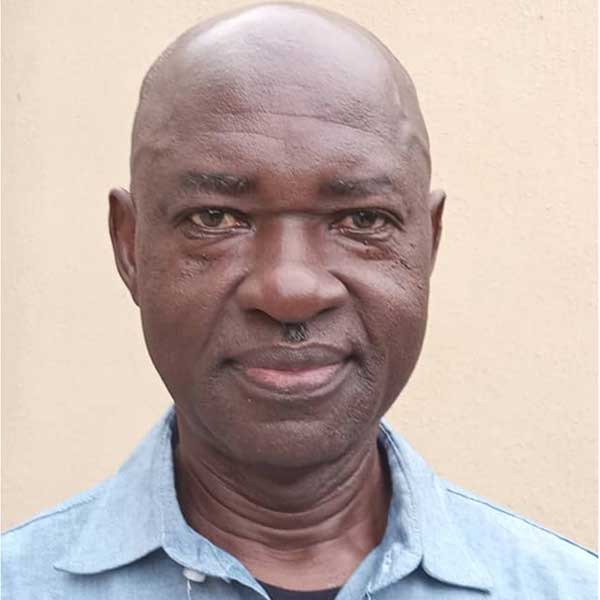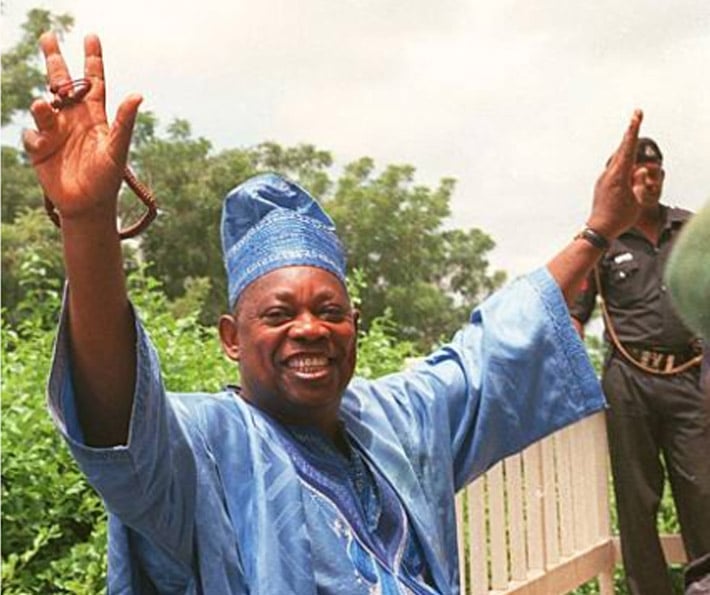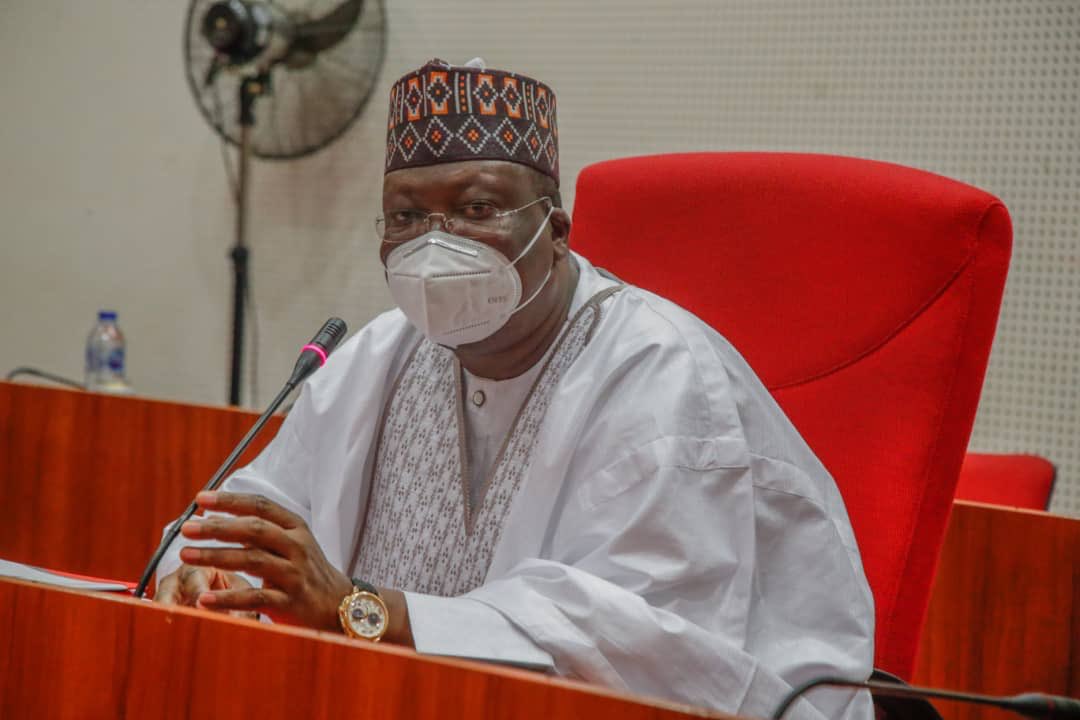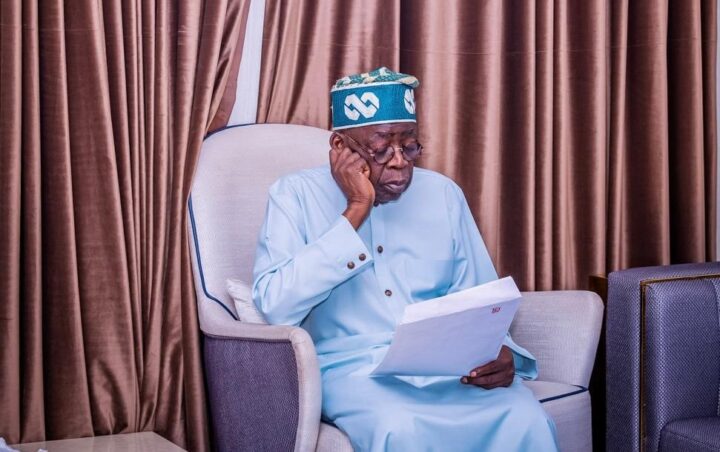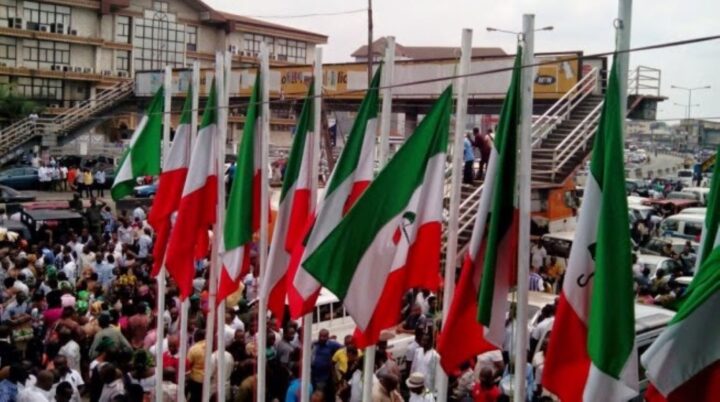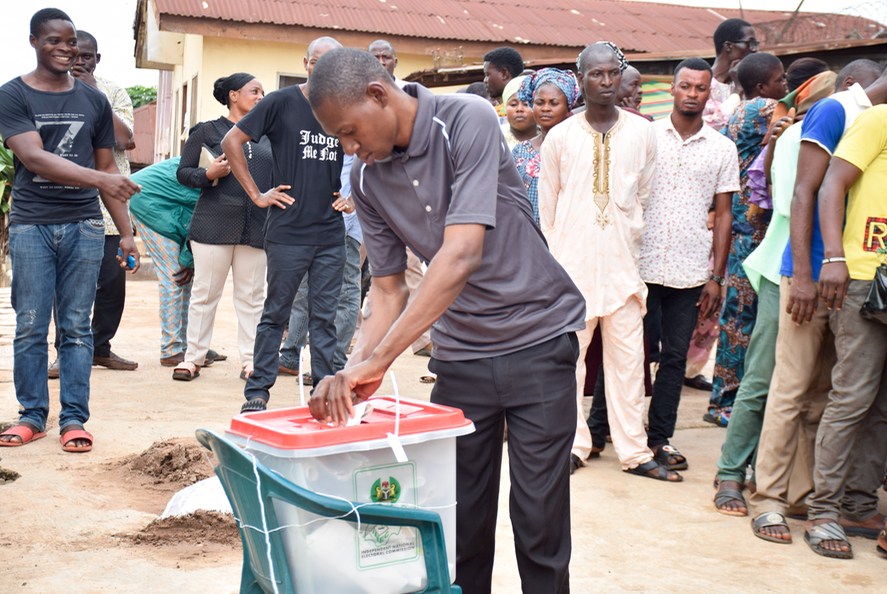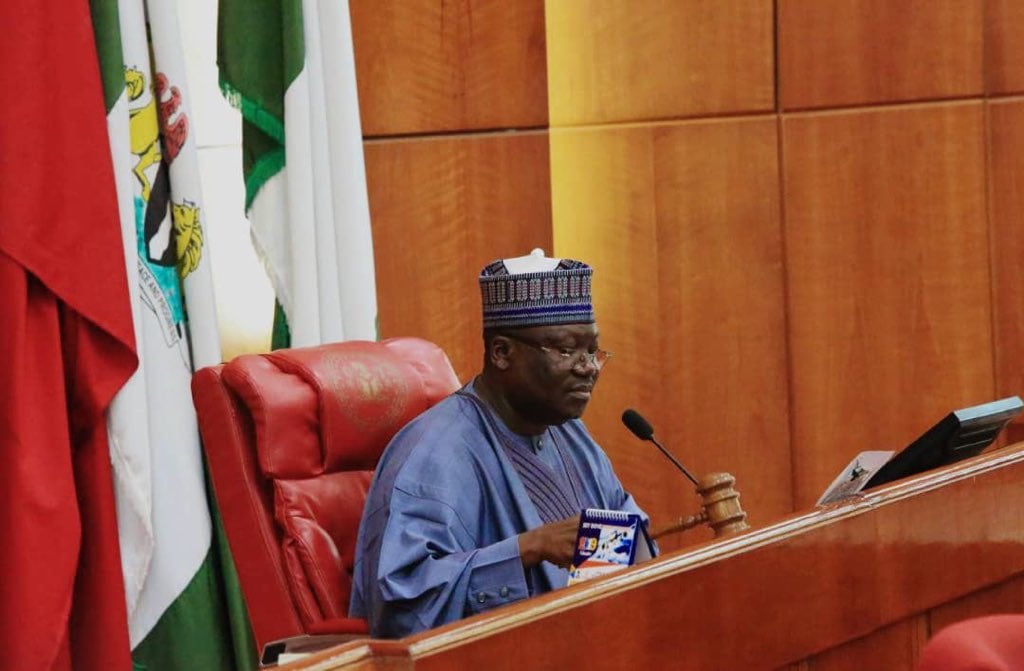MKO Abiola
A former National Chairman of the Peoples Democratic Party (PDP), Alhaji Bamanga Tukur, revealed on national television some years ago how he encouraged the late Attorney-General and Minister of Justice, Chief Bola Ige, to venture fully into politics at the federal level and not restrict himself to his region. According to the Ex-governor of the old Gongola State (now split into Adamawa and Taraba States), Ige was too endowed to be limited to a section of the federation. “Why swim in a stream when you have access to an ocean?” he asked his Oyo State Second Republic counterpart. “No matter how good you are, you must learn to reach out to people from other parts of the country in order to actualise higher dreams,” he counselled. To buttress his conversation with Ige, Tukur went on to narrate a moving story that many persons who knew Chief Moshood Abiola, winner of the 1993 presidential election, could identify with.
Sometime before the truncated June 12, 1993 polls, Tukur was conferred with a traditional title in his home state. As soon as Abiola, who was then abroad, received the invitation, he made frantic efforts to return to Nigeria to attend the event. Because of the short notice, he could not even secure a flight seat in the business or first class and so settled for economy. After landing at the Murtala Mohammed International Airport in Lagos, he flew straight to Yola from where he rode a long distance on a rough road to the town where the ceremony took place. According to Tukur, he did not even have to campaign for Abiola. His people who had witnessed the humility, humanity, friendship and loyalty that the candidate of the defunct Social Democratic Party (SDP) demonstrated earlier simply paid him in kind. They voted for him massively.
That presidential election, approximately three decades ago, has since gone down as the country’s fairest and most credible in its history. It is too late in the day to turn this fact on its head. Books, journals, articles and other textual forms have proceeded from it. Numerous audio and visual recordings have also been inspired by that aspect of the nation’s chequered past. And many more will be added to the collections in the years to come. I am worried, however, that the phenomenon of June 12, in the midst of the frenzy that has always surrounded it, has also assumed the image of an omnibus, accommodating, as it were, myths, facts, fiction and outright falsehood. Perhaps, moments of this magnitude are historically condemned to these kinds of treatment. The reasons are not far-fetched. It is practically impossible for human beings to toe the same lines of interpretation of the same event. The factors that affect analyses under different circumstances are too many to be presented here, my apologies.
The June 12 ballot, even after its annulment, had the potential to institutionalise democracy, engender unity and show the way forward for Nigeria. Unfortunately, the opportunity was bungled. The primordial sentiments that had existed under previous dispensations but which had somehow managed to stay under some control boiled over spontaneously. Reason was relegated while wild emotions took the front seat. The affair was ‘ethnicised’ and regionalised too soon. Of course, how could one manage the mob reaction created by the irrational, unexpected pronouncement of the then Military President Ibrahim Babangida? Overnight, the visions of the country’s founding fathers and the causes for which men and women sacrificed their lives during the Civil War were placed in the balance.
Advertisement
One critical truth that appeared to perish immediately was that the entire nation was more or less unanimous in its endorsement of Chief Abiola. Understanding the personality of the late businessman and politician, therefore, presented itself as a major key to defining the ideal Nigerian leader. What gave him that near-total national acceptance? How was Abiola able to successfully preside over the dynamic machine called “Hope 93” in the face of daunting operational hurdles? Why did he succeed where the revered and highly rated late Premier of the old Western Region, Chief Obafemi Awolowo, failed? His fortunate choice of a Muslim running mate was a product of not only the relatively more tolerant atmosphere of that period but also his personal magnetism. Clearly, MKO did not win that election just because he was a Yoruba man. Achieving the feat, in my view, was attributable to his being a true Nigerian at heart, someone on a well-laid mission to provide a strong leadership for his fellow citizens, and his ability to connect with the populace.
My fear is that there is a generation of Nigerians that seems to think that the June 12 debacle is about a wrong done to the west. How could such a national hero be reduced to a sectional champion? This sad seed was sown at the very beginning of the crisis when the agitation for rotational presidency started in full force. I have since concluded, against the grains of more popular opinions, that what happened was the outsmarting of one friend (Abiola) by another (Babangida). The latter never really planned to leave power anyway. If ever there was a conspiracy at that time by the north to deny the south presidential ascendancy, as consistently argued by some analysts, the ex-head of state would not have nullified the earlier primaries that produced Alhaji Shehu Musa Yar’Adua for the SDP and Alhaji Adamu Ciroma for the National Republican Convention (NRC), both northerners.
Could the man with the mandate have responded better to the cancellation of his victory? Again, there are different sides to that argument – a subject for another day. Suffice it to say, however, that if Abiola’s personal and social dispositions prepared him for winning, his pedigree as an establishment man undermined his capacity to withstand the pressure that followed the quashing of his coveted prize. He was definitely not wired for activism. It seems to me that some of those who fought for the cause especially in the media had their own private motives. “Stay in custody and actualise your mandate,” “On June 12 we stand” were loud refrains in those days. The choristers are now today’s beneficiaries of the struggle. That should not be a problem, ordinarily, but their failure to truly preserve his legacies exposes their inherent hypocrisy. At least, one or two state governments alone could have justifiably helped, as a matter of policy, in sustaining the legend’s vast family and business empires.
Advertisement
Officially pronouncing Abiola as the winner of the 1993 presidential poll and bestowing some honours on him by the present administration are, without doubt, well-deserved. Yielding to voices mainly from the west to declare June 12 Democracy Day, instead of May 29, surely produced electoral dividends for President Muhammadu Buhari in 2019 but unless majority of Nigerians get to the point of owning its actual symbolism, some sort of re-enactment of the overwhelming voting pattern on that fateful day, the celebrations will become more hollow, impersonal and distant in the future. June 12 should assume the status of a true national monument.
Dr Ekpe is a member of THISDAY editorial board.
Views expressed by contributors are strictly personal and not of TheCable.
Add a comment
